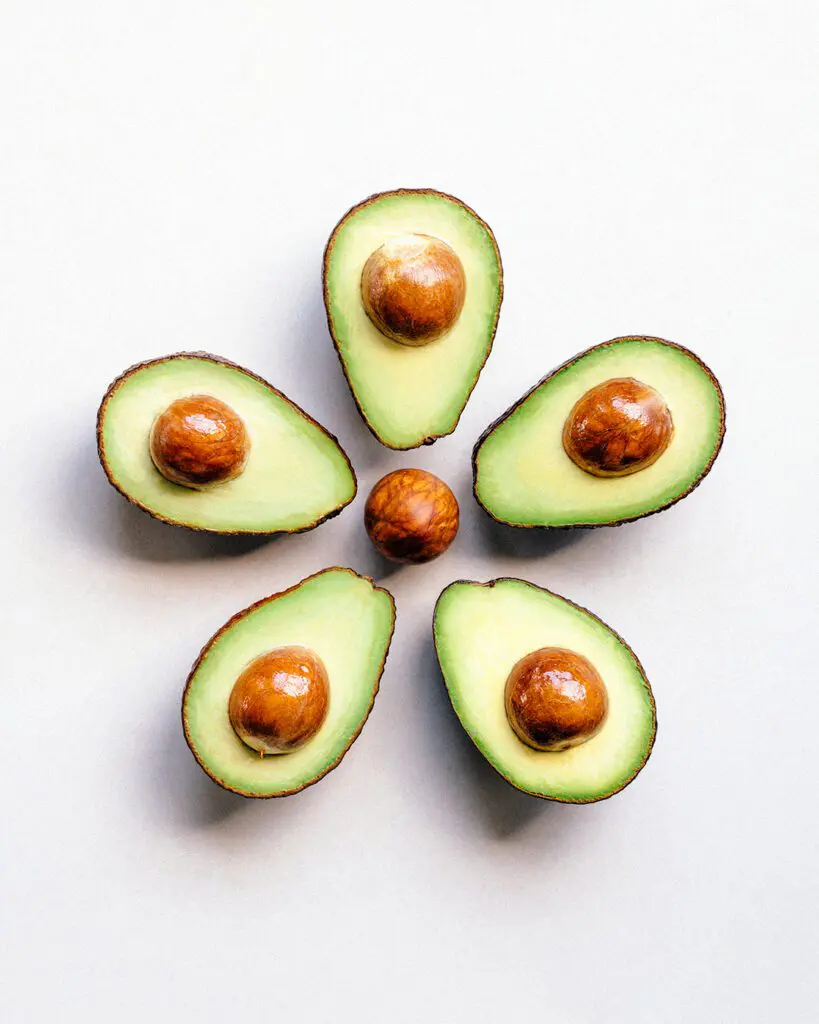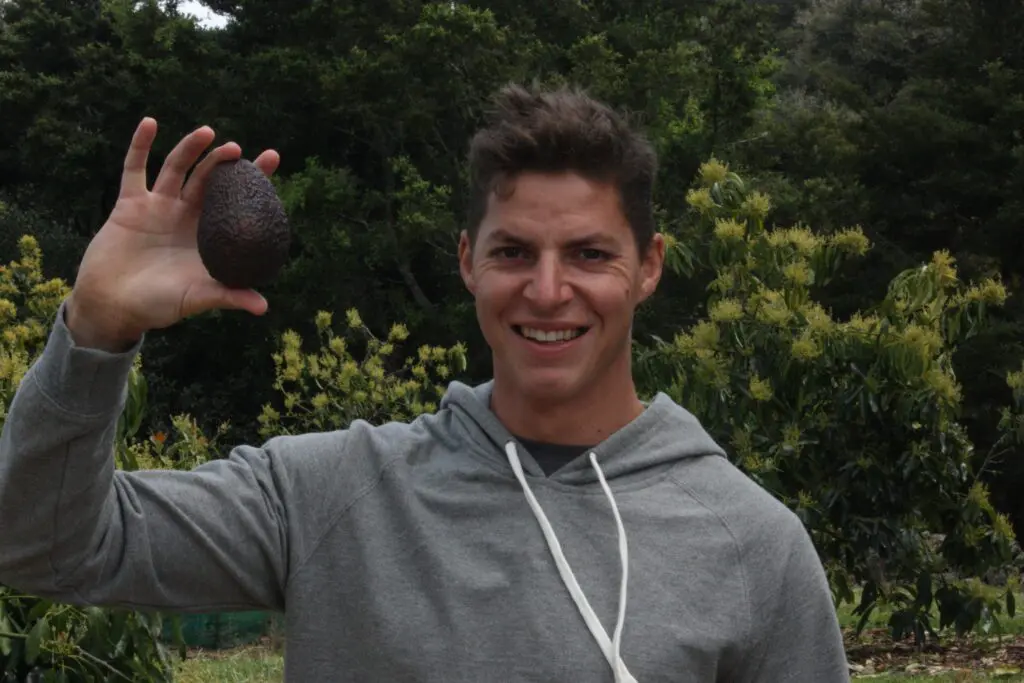The Hazards of Spring
This article, ‘The Hazards of Spring’, is written by Claire Arneson, HR & Health & Safety Adviser, and is kindly reproduced with permission from Safe Business Solutions Limited.
A recent visit to a client’s farm was a timely reminder of the hazards of spring! The client had recently put out a fire in their tractor’s engine which was likely caused by a bird’s nest. The business keeps fire extinguishers in all vehicles and tractors and therefore a potentially terrible situation was mitigated through quick use of the fire extinguisher.
Spring is a busy time of year for tractor and machinery fires, with Fire and Emergency officials advising that it could take a bird (particularly starlings) less than an hour to build a nest in a cavity of a vehicle or tractor. Birds aren’t the only troublemakers, with mice nests and dust build-up also causing a potential fire hazard.
Prevention and Safety Precautions
- Consider leaving tractor bonnets open when not in use, both to prompt a quick check of the engine and to discourage birds from nesting in there.
- Be vigilant in checking tractors and machinery during the nesting season. As well as the engines and exhausts, birds like to nest in switchboards, heaters and light fittings.
- Keep tractors, harvesters and agricultural equipment clean. Clear out grass and grime build up in engines periodically.
- Ensure switchboards are enclosed wherever possible and are not easily accessible for nest building.
Birds aren’t the only hazards flying around this time of year. As people get out in droves to tend to their gardens, it’s a timely reminder of the risk of Legionellosis (Legionnaires’ disease) which is caused by common Legionella bacteria. These bacteria thrive in warm moist environments, especially in soil, compost, potting mix, muds and any type of water system (for example, spa pools, hot water tanks). While most people’s natural immunity stops them from getting ill when exposed to Legionella bacteria, you can still catch legionellosis by breathing in airborne particles from a water source that contains Legionella bacteria, or after inhaling dust from soil. Once in the lungs, the bacteria multiply and may cause a mild illness without pneumonia called Pontiac fever or a more severe illness with pneumonia (Legionnaires’ disease). The infection is not contagious and can’t be caught from another person.
Prevention and Safety Precautions
When working in the garden, protect yourself by:
- wear a face mask and gloves when working closely with compost and soils
- open bags away from your face
- work in a well-ventilated area
- dampen soil/compost before use
- wash your hands when you’re finished.
Legionella bacteria cannot survive in water at 60°C or above. Ensure your hot water cylinder is set to at least 60°C and use mixing valves to ensure a safe temperature at the tap to prevent scalding.
And finally on a health-related note, Hayfever in spring is a reality many of us face, with countless people battling streaming eyes, itchy throats, and endless sneezing fits. For those who suffer, the great outdoors and beautiful plants are not your friends, unfortunately Mother Nature has a terrible sense of humour!
Prevention and Safety Precautions
For high-functioning Hayfever:
- don’t drive with the window down in the avoidance of getting ‘taken out’ by pollen
- be aware that pollen levels are often higher in the afternoon and evening
- remain indoors where possible – choose air conditioning and change filters regularly.
For more information on anything HR or Health and Safety related, visit the Safe Business Solutions website




